Need assessment to foster social inclusion in Tuscany
Place: Tuscany, Metropolitan area of Florence, Prato
Duration: January – April 2018
Client: Oxfam for the Burberry Foundation.
Context
After years of deep economic recession, too many people in Tuscany are at risk of social exclusion and caught up in a cycle of poverty, isolation, unemployment and low education. Migrants and young people are the most affected. This phenomenon is particularly striking in the metropolitan area of Florence where, despite the economic opportunities offered by the manufacturing and tourism sector, inequality is increasing particularly among the young people. The Burberry Foundation awarded a grant to Oxfam to design and implement a programme aiming at fostering social inclusion in Tuscany. Oxfam commissioned a need assessment to ARCO to be carried out in the programme implementation areas.
Objective
The programme will be implemented by Oxfam throughout 2018-2022 and will focus on three areas of intervention:
- Schooling: introducing school mentoring in secondary school
- Community Cohesion: strengthening existing Community Centres (or setting up new Community Centres)
- Access to services: promoting the role of Community Facilitators within the Communities.
Our contribution
Before implementing the programme, in January 2018, Oxfam assigned to ARCO the task of carrying out a need assessment of the four areas targeted by the programme.
The objectives of the need assessment were:
- Understanding social exclusion in the four project areas, with a specific focus on economic poverty, access to social and healthcare services, school drop-out
- Mapping the main stakeholders involved in the four project areas
- Providing Oxfam with recommendations on how to implement the activities
The research activity featured both desk analysis and field work. Tools such as context analysis, semi-structured interviews, and participative workshops were used to collect qualitative data.
The results of the need assessment were divided in three main sections for each of the four areas.
Section 1: Overview of the issues
Section 2: Analysis of the stakeholders involved/affected by the previously identified issues
Section 3: Recommendations on how to implement the project
Read more on our Inclusive Development Unit
Related Projects
-

Betting on the Future: Youth and Territory in the Empolese Valdelsa Municipalities
-
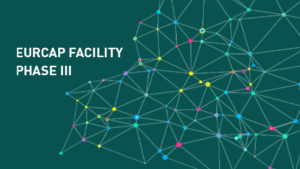
Capacity Building European Facility for the Readmission of Migrants – EURCAP, Final Evaluation
-

Final evaluation and SROI analysis of the project to train health personnel at the Salam Centre in Khartoum
-

Action-research to foster the employment inclusion of persons with disabilities in Tunisia
-

What Women Want: women’s empowerment and aspirations in MENA countries.
-

Exploratory research on accessibility of health services in Mozambique
-

Action-Research to foster labour accessibility for young people with disabilities in Kenya
-
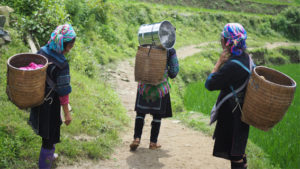
Evaluation of the project that aims to improve the health of the most vulnerable in Myanmar
-
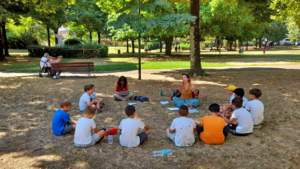
Action-Research for the Global Boyhood Initiative on stereotypes, gender roles and bullying
-
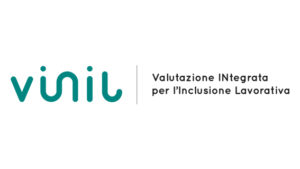
VINIL – employability assessment for persons with disabilities
-

Food Wave, Monitoring the project that promotes sustainable food consumption among young Europeans
-
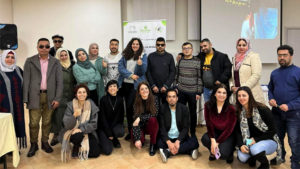
Nothing About Us Without Us: Emancipatory Research and Strategic Plan on disability in Palestine
-
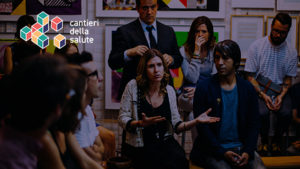
Monitoring and evaluation of the participatory processes of Cantieri della Salute in Tuscany
-

Market analysis to foster employment of young people in Mali
-
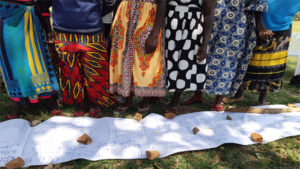
Action – Research to foster community health insurance for women in Sédhiou, Senegal
-
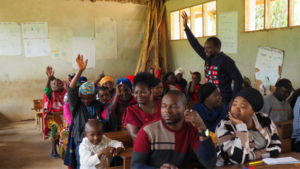
No One Left Behind: an Emancipatory Research for young people with disabilities in Tanzania
-

Social Board a model to contrast social exclusion, the case of Prato
-
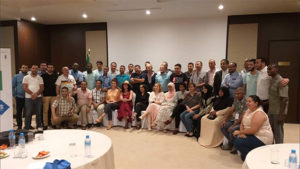
CapDeL: Incubation process for associative projects in Algeria
-

CapDeL: la ricerca al servizio dello sviluppo locale sostenibile in Algeria
-

Evaluation of the SPRAR projects managed by ARCI Toscana
-

Need assessment to foster social inclusion in Tuscany
-
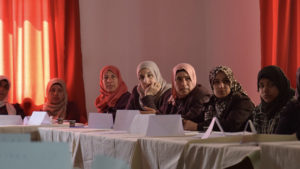
Promoting inclusive business and social entrepreneurship in Palestine
-

Final Evaluation of CBR Programme on disability and rights of persons with disabilities in Mongolia
-
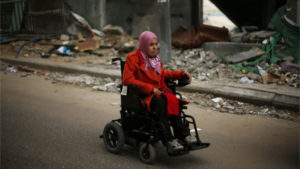
Emancipatory Research as a participatory approach to foster inclusion of women with disabilities in Palestine
-
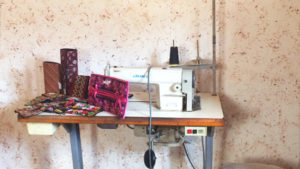
Research and consultancy for the inclusion of women with disabilities in the Gaza Strip
-
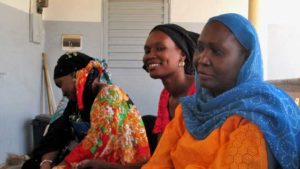
Action-Research for gender mainstreaming development in Senegal